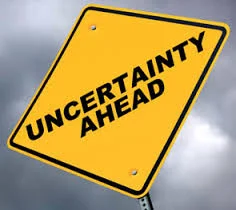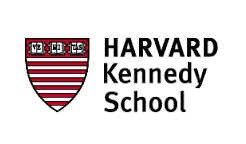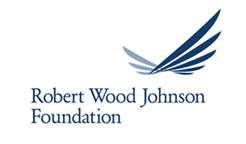Uncertainty is the new normal for everyone I work with and live with. What we are all not certain about is different for each person. Some are uncertain but hopeful, others are uncertain and in despair, others are uncertain and distracted by the sense of uncertainty.
Here is what these people have generously taught me:
Everything we assumed about the “goodwill and core support for good works” of the majority Americans may be wrong, depending on if you use the majority of the Electoral College, or of the popular vote.
Everything has always, and will continue to, change.
Most of us were not prepared for the major shift away from government (at all levels) to provide for basic services for those in need. We are uncertain of what programs will survive and what will be un-funded. There is a certainty about the inevitable reduction in resources. Will we end up pitting providers of safety net services in competition over diminishing resources?
What we can be certain of:
The two candidates for president spent at least $1.4 billion dollars none of which was tax deductible.
That is a lot of money…. until you consider Harvard University raised $1.6 billion in 2015.
At least $20.0 billion of safety net services will be de-funded if just half of the campaign promises in local, state, and national elections are kept.
So what can we do?
Developing new and innovative strategies for long-term sustainability is required for every 501c3 board in the days ahead. Postponing these discussions for a month would be an abdication of governance responsibility.
Get started by asking yourself some questions:
Three questions to ask as a board member of a not for profit:
1. Is this an opportunity to join forces with another complementary not for profit?
2. Can we tap into new resources before our governmental funds are cut?
3. Are we ready to declare victory or “mission accomplished” and close our doors passing on our resources to others in the field?
Three questions for board members of foundations to consider:
1. What is our responsibility to direct service providers at risk of losing core funding?
2. Should we re-align funding away from capital projects and focus on the safety net (as we define it)?
3. Is it time to stop funding universities and entities with >50% overhead?
A frank and honest board meeting is essential for building consensus and community awareness of the changing landscape. The work will be difficult. Several people may resign.
Then: Bring in a facilitator.
What we do is engage all voices, make uncertainty a place for creativity rather than fear, and make these gut-wrenching discussions a process where respect, safety, and actionable decisions are guaranteed.
The people you serve, or those you fund to provide direct services, rely on each of you, as a believer in your work, to accept the truth of the current situation, and to be courageous in your resolve














